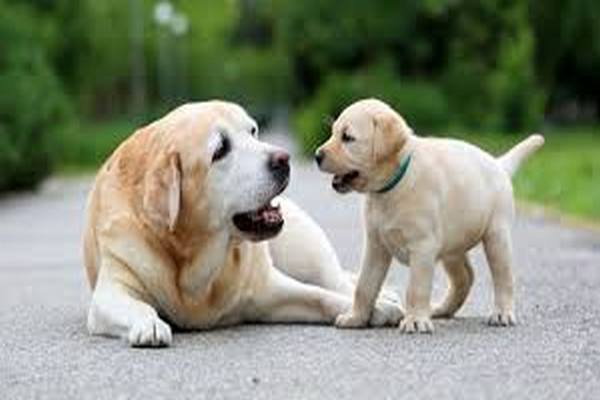An animal without teeth is like without hands, so it is important to monitor the condition of the pet’s oral cavity and try to eliminate problems at the earliest stage.
With insufficient hygiene or improper nutrition, animals often form plaque and, accordingly, Tartar, which is a source of infection and unpleasant smell from the mouth. Special attention is required for animals with a double row of teeth, mainly for small breeds of dogs.
Active dogs often injure their teeth when they bite hard objects. Cats fall from a height or, as is typical for non-castrated animals, fight with other individuals. Fractures and chipped teeth are painful, and if left untreated, they can cause tooth loss.
Sometimes problems with teeth cause bloating or swelling on the muzzle under the eyes, the cause of which is not clear to animal owners.
In old age, cats and dogs often have problems with periodontal disease, teeth become mobile, and there is an unpleasant smell.
These are all good reasons to visit a dentist-veterinarian.
The clinic provides the following range of dental services:
- Ultrasonic professional cleaning to remove dental deposits.
- Polishing, processing with special pastes.
- Filling of channels.
- Restoration with restoration of the functionality of the animal’s teeth.
- Monitoring the results of the dentist’s work using x-ray equipment and x-ray diagnostics. Even when removing a tooth.
We fight to the last, trying to save the tooth
If you have an injury with depressurization of the pulp to seek help from a veterinarian within 48 hours, the tooth can be left alive.
Oral hygiene in cats and dogs
Dental care is a mandatory hygiene procedure not only for us, but also for our pet.it is just as necessary to clean the ears, take care of the hair, eyes and claws of the pet. An animal with bad teeth does not feel well, it loses its appetite and an unpleasant smell appears. A variety of products for all occasions can be purchased at our clinic, including care for the mouth of a four-legged friend.
At home, to prevent diseases of the oral cavity, our dentist recommends regular brushing of teeth with special edible pastes. You can pick them up and buy them , as well as toothbrushes designed specifically for animals. As well as bones-a functional treat that prevents the formation of plaque, stone.
Please note: in the prevention of dental diseases in dogs and cats, the positive effect of eating natural products – bones, raw meat and vegetables can be offset by the number of broken teeth. For the treatment of oral inflammation, we offer both simple dental gels and prescription antibiotics.
Caring for the mouth is an important procedure for the overall health of the animal. the clinic’s dentist will start by taking the necessary medical and preventive measures, and at the end of the reception, he will answer your questions and help you teach your pet to oral hygiene.

